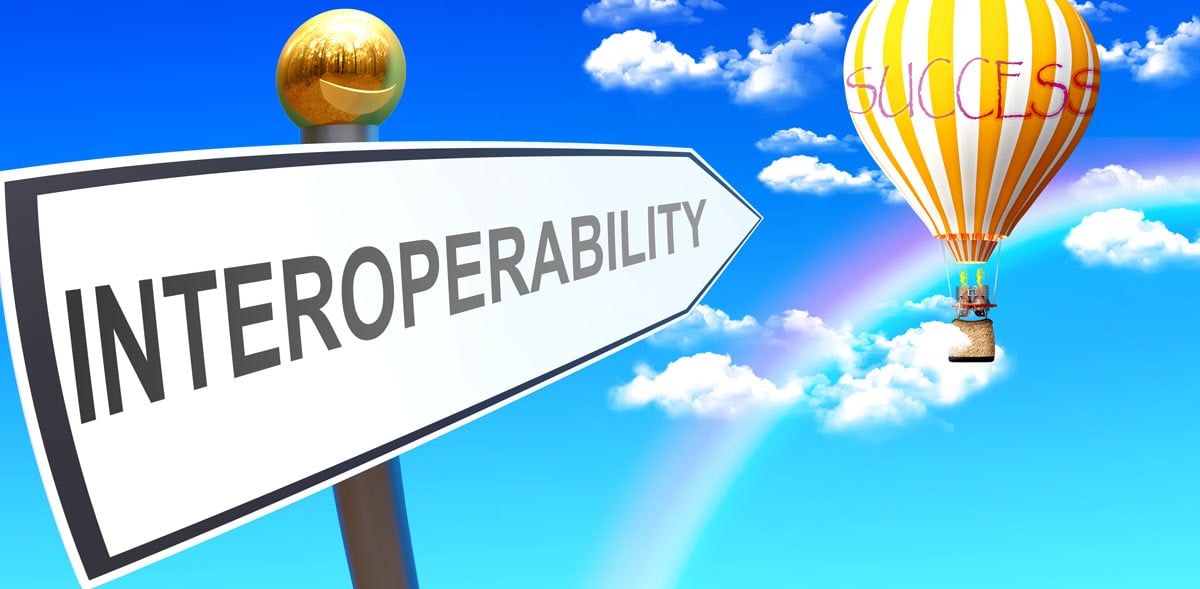What are Open Educational Resources?
Open Educational Resources (OER) are defined as any type of educational and learning material available for free online. These digital tools are used for teaching, for learning, for evaluating, as well as for research. They can be legally reproduced, adapted, improved and shared as many times as possible by anyone. OER can be textbooks, programs, courses, homework, documents, videos, educational software. This practice was launched in 2002, at Stanford University (USA) by the greatest teachers, pedagogues, academics, foundations following the OLI (Open Learning Initiative) project to innovate on new knowledge materials and learning.
The Benefits of OER
First of all, the profitability of the OER is a primary cause of its impact in the education sector. The OER give free and legal access to some of the best courses and programs available in the world, which can even lead to graduation for students. Indeed, OER offers considerable savings as an alternative to expensive textbooks. Teachers, school districts, and governments are adapting OER to local languages and culture, relying on them to innovate and share this knowledge for free and for everyone.
OER receives support in a recent study by Inside Higher Ed (2018) survey on school leaders and teachers opinions on technology, presidents strongly agree (61%) that "textbooks and course materials are too expensive". 30% more were in agreement. 85% of presidents also agreed (52 percent strongly) that colleges should adopt open educational resources, free and openly licensed online educational materials. Presidents of doctoral universities, whether public or private, were slightly less likely than their counterparts in other institutions to agree, at 49% and 40%, respectively.
From an ecological point of view, the manufacture of papers in the tree cutting. In order to avoid the contribution of climate change, some publishers choose to import the raw material necessary to print books and are always respected. However, some publishers did the same with environmentally-friendly documents, on recycled paper and fully certified with vegetable oil-based inks for example.
The freedom to inform its clearly in congruence with the fundamental human rights which that strongly in favor of the OER. In fact, they allow the possibility
The Inconvenience of OER
The downside of OER can be observed compared to these figures. According to the teachers' evaluation of their knowledge about digital learning :
Only 45% of campus leaders described themselves as very well prepared or well prepared to deal with these issues, the least of the 12 issues presented to them.
The success of OER is not just come from teachers, students, parents
Online Educational Resources are overflowing, but reliable ways to evaluate them and help teachers use them are rare. These OER can be good, bad or indifferent. How can school districts or teachers
According to her, there are few
How Universities Presses Use OER in Their Courses
One of the best examples of OER is the MIT Open Course Ware (OWC) project, providing all the courses on aeronautical engineering from unparalleled scientists from the Massachusetts Institute of Technology to entrepreneurs Jean-Ronel Noel and Alex Georges, who have used these courses to develop solar-powered street lights for some of the poorest communities on La Cité Soleil in Haiti.
In the same way, The Vision for a Network Health in
Another OER launched by the University of
The effectiveness of this new educational system is such that it has made it possible to carry out numerous projects supported by different organizations.
The Bill and Melinda Gates Foundation financially supported Rice University's OpenStax project to improve access to education. The World Bank, UNESCO or the Brazilian government have also supported the development of some OER projects.
Some OER sources that provide teacher support in their offerings. Among them : UnboundEd, a nonprofit one created to continue the work of Engage NY's curriculum developers; Open Up Resources, a non-profit organization whose K-5 English Language Arts curriculum and college mathematics program have both received top marks from EdReports, an evaluator; Great Minds, which makes the popular Eureka Math program, and the IBM Watson educational advisor, which offers content recommendations and individualized help for course planning for K-5 mathematics teachers.
The Learning Accelerator and Yet Analytics
What are your thoughts on OER? We would love to know, comment below of tweet at us @gutenbergtech.

.png)




Leave a comment